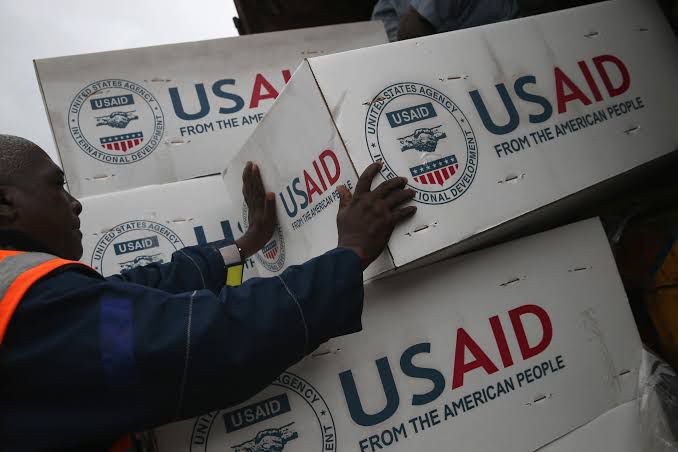U.S. officially dissolves USAID, shifts global aid to state department
In a landmark shift in U.S. foreign policy, the United States has officially dissolved the U.S. Agency for International Development (USAID), ending more than 60 years of global development operations. The move, announced by Secretary of State Marco Rubio on July 1, transfers all foreign assistance programs to the U.S. State Department.
Established in 1961 under President John F. Kennedy, USAID was once the lead federal agency overseeing humanitarian and development aid in over 100 countries. Its work spanned health, education, agriculture, democratic governance, and disaster relief. According to Rubio, USAID has disbursed over $715 billion in inflation-adjusted spending since its inception.
READ ALSO: USAID: US reaffirms support for Nigeria against Boko Haram
Rubio characterized the agency as falling short of expectations, describing it as inefficient and politically outdated. He pointed to a lack of diplomatic returns from major aid recipients and increasing global resentment toward the U.S., despite decades of assistance. “Sub-Saharan African nations voted with the U.S. only 29 percent of the time on key UN resolutions in 2023, despite receiving $165 billion in aid since 1991,” he said. He also noted that U.S. favorability ratings in the Middle East and North Africa have dropped below China’s in all countries except Morocco, despite nearly $90 billion in spending.
The closure follows years of criticism from President Donald Trump, who has repeatedly questioned the agency’s value. Under Elon Musk’s leadership at the now-disbanded Department of Government Efficiency (DOGE), the Trump administration agreed to shut down USAID, which Musk reportedly described as a “drainpipe” for taxpayer money.
Rubio cited concerns that NGO executives benefitting from USAID grants often lived lavishly while the people they were meant to help remained in poverty. He argued the aid model created dependency rather than progress, saying the leadership in many developing countries had become “addicted” to U.S. charity.
READ ALSO: US Ambassador denies USAID funds Boko Haram
“This era of government-sanctioned inefficiency has officially come to an end,” Rubio stated, affirming that U.S. foreign aid will now be guided by “America First” principles. He said the State Department will manage future aid efforts with greater accountability and strategic focus, in alignment with the administration’s geopolitical priorities.
Rubio emphasized the restructured approach would strengthen America’s global posture and serve as a counterweight to China’s growing influence. “We will not apologize for recognizing that humanitarian aid must further U.S. national interests,” he said.
Follow the Neptune Prime channel on WhatsApp:
Do you have breaking news, interview request, opinion, suggestion, or want your event covered? Email us at neptuneprime2233@gmail.com





